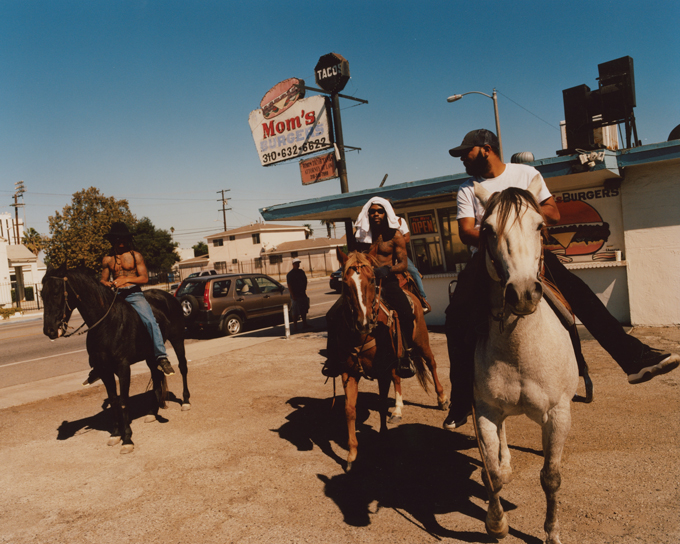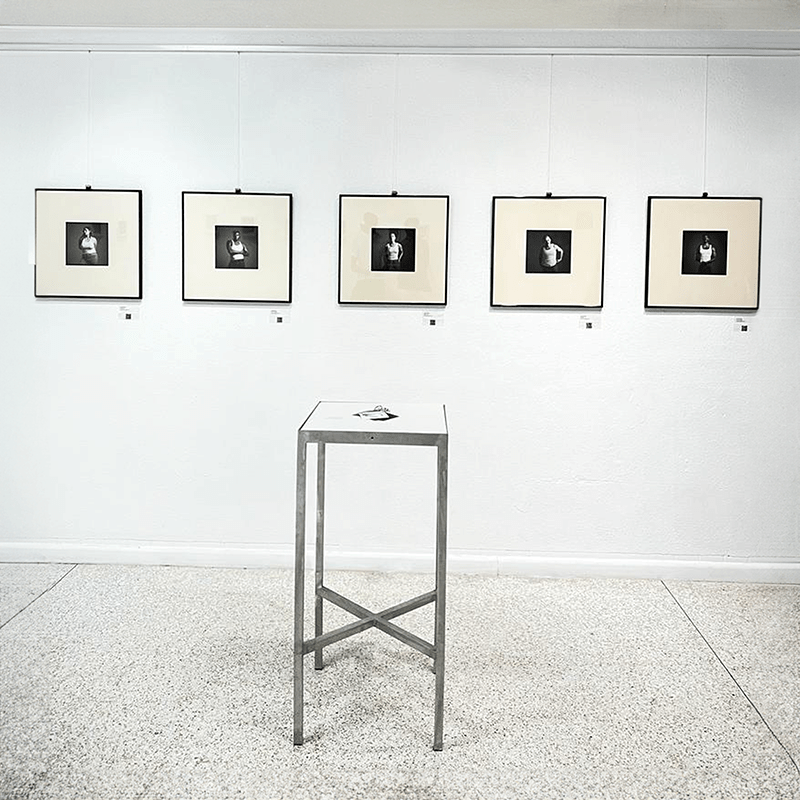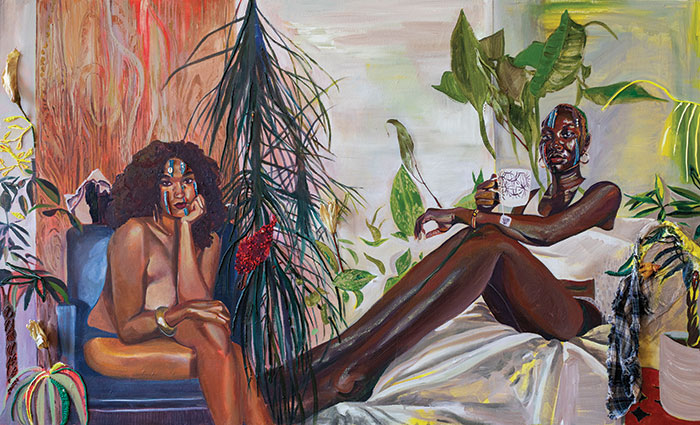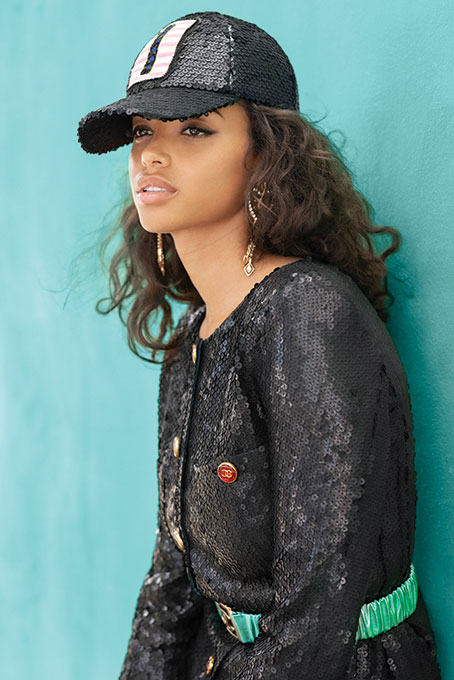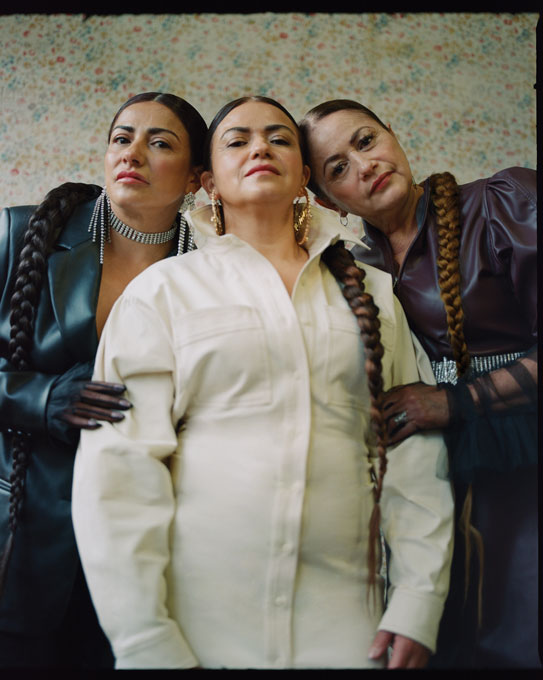ART
Zanele Muholi

Julile I, Parktown, Johannesburg, 2016
From the series Somnyama Ngonyama
Born in 1972, Umlazi, South Africa, Zanele Muholi translates her profound craft through the practices of photography, filmmaking and video installation. Through the medium of photography, Muholi illustrates her passionate advocacy in relation to South Africa’s lesbian, gay, bisexual, transgender, and intersex (LGBTI) community. The artists’ imageries encompass the complexity and diversity within this community, sentiments that extend over a wide range of countries she’s journeyed to in recent years.
Muholi’s commendable obligation to equalizing social injustice tackled by LGBTI community members is inspiring, beautifully addressing subjective perspectives within her work, where she constructs relationships with the individuals she portrays. Such examples translate as the women in Only Half the Picture (2003–04), the transgendered or gay men in Beulahs (2006–10), and the couples in Being (2007).
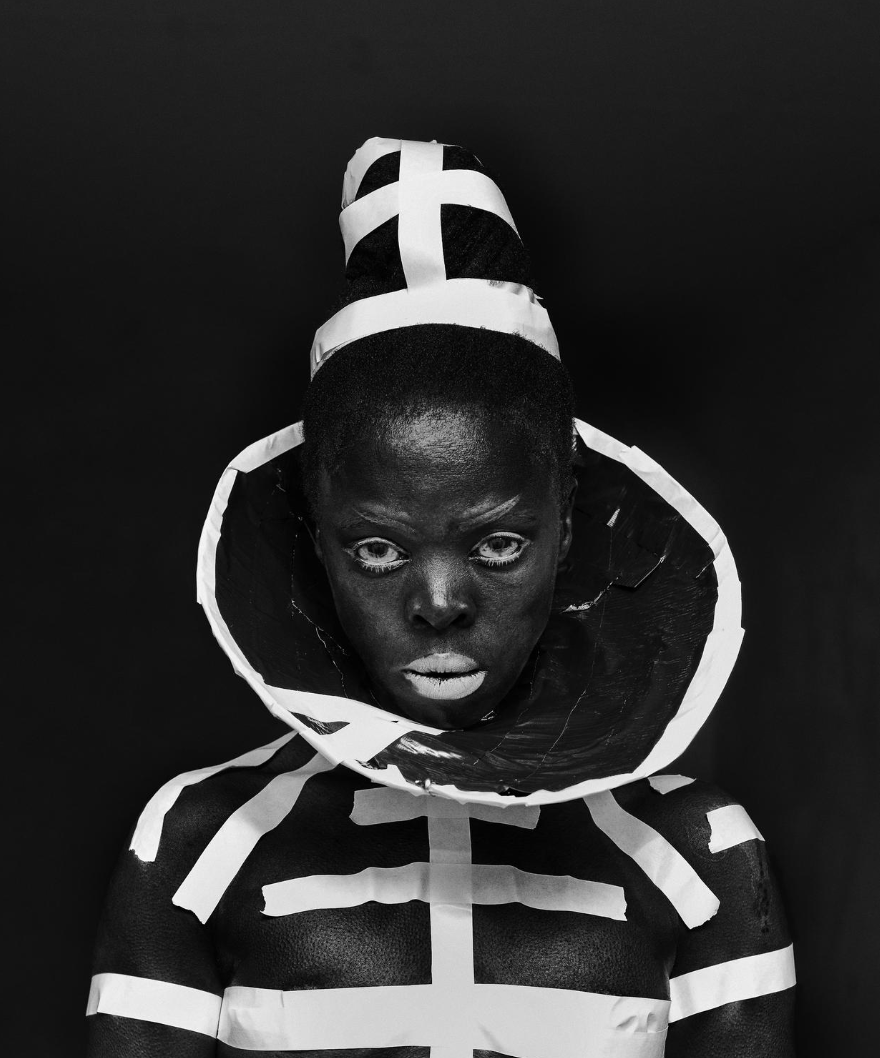
Vile, Gothenburg, Sweden, 2015 © Zanele Muholi Courtesy of Stevenson, Cape Town/ Johannesburg and Yancey Richardson, New York

Bester I, Mayotte, 2015 © Zanele Muholi. Courtesy Stevenson, Cape Town/Johannesburg & Yancey Richardson, New York
“Visual Sexuality” was Muholi’s first solo exhibition, displayed in 2004 in Johannesburg and since then has pathed the way for a variety of photographic series. These projects explore the serious disengage in post-apartheid South Africa concerning the equality endorsed by the country’s 1996 Constitution in addition to the prejudice toward and violent acts pursuing people inside the LGBTI community.
“Faces and Phases”, a series of portraits Muholi compiled in 2006-2011, is a collection in excess of 200 images depicting the lesbian community throughout South Africa and translates as one of the photographers’ most significant projects to date. Commemorating, diagramming, and maintaining an often obscure community for posterity, the portraits collectively emerge as an aesthetically liberating statement and an archive that is greatly authentic and thought-provoking in equal measures.
With her subjects illustrating subtle expressions and idiosyncratic dress codes, Muholi’s signature aesthetic contests the prescribed frontal façade of conventional portraiture, subsequently attracting a bold, captivating gaze that creates a philosophical and compassionate attachment, every time.
Words by Katie Farley



